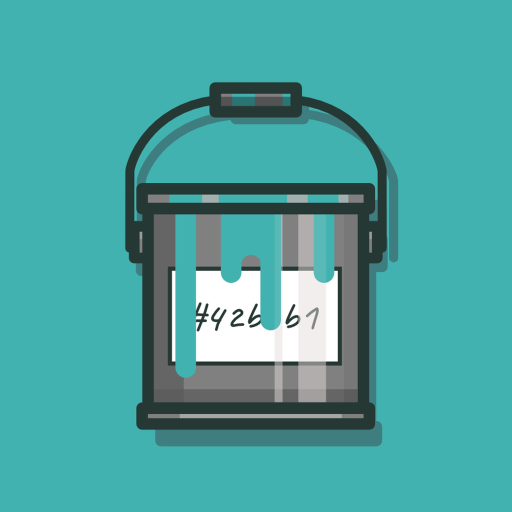Open Source Ecology
Project Development Channels / off-grid-power








































Hydrogen gas (H2) is the primary storable fuel for pollution-free energy production, with over 90 million tonnes used globally per year. More than 95% of H2 is synthesized through metal-catalyzed steam methane reforming that produces 11 tonnes of carbon dioxide (CO2) per tonne H2. “Green H2” from water electrolysis using renewable energy evolves no CO2, but costs 2–3× more, making it presently economically unviable. Here catalyst-free conversion of waste plastic into clean H2 along with high purity graphene is reported. The scalable procedure evolves no CO2 when deconstructing polyolefins and produces H2 in purities up to 94% at high mass yields. The sale of graphene byproduct at just 5% of its current value yields H2 production at a negative cost. Life-cycle assessment demonstrates a 39–84% reduction in emissions compared to other H2 production methods, suggesting the flash H2 process to be an economically viable, clean H2 production route.